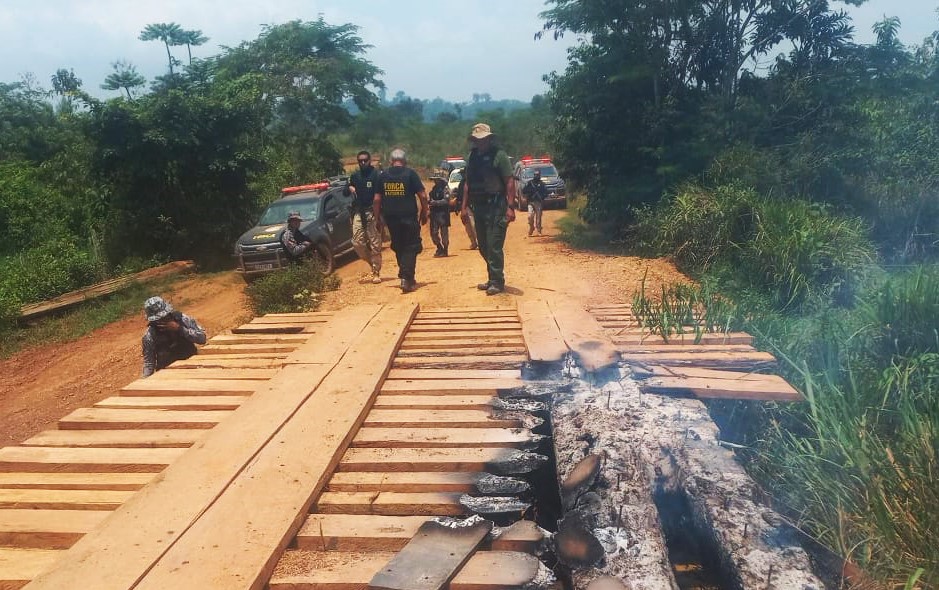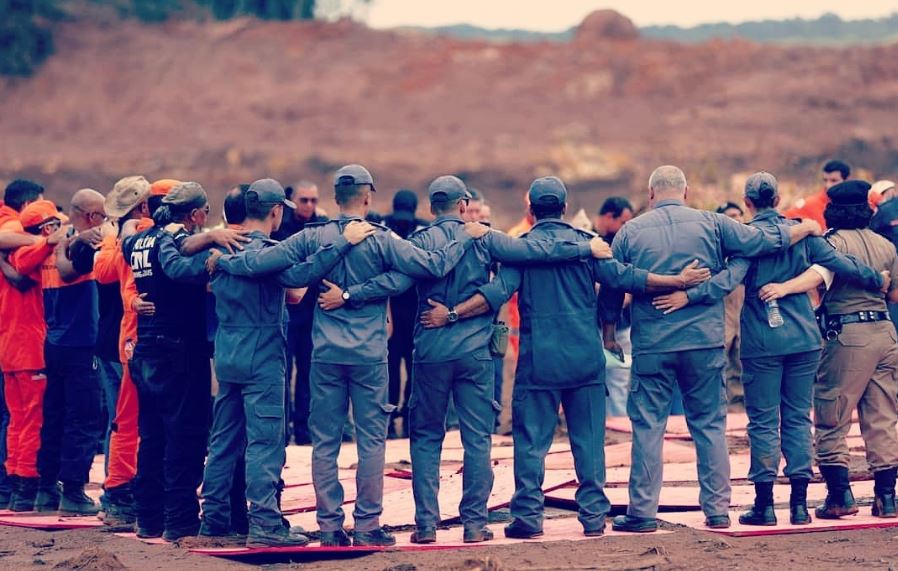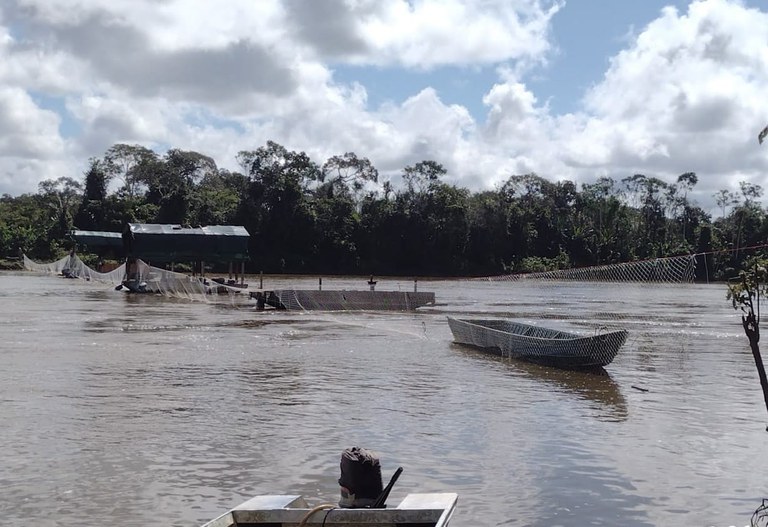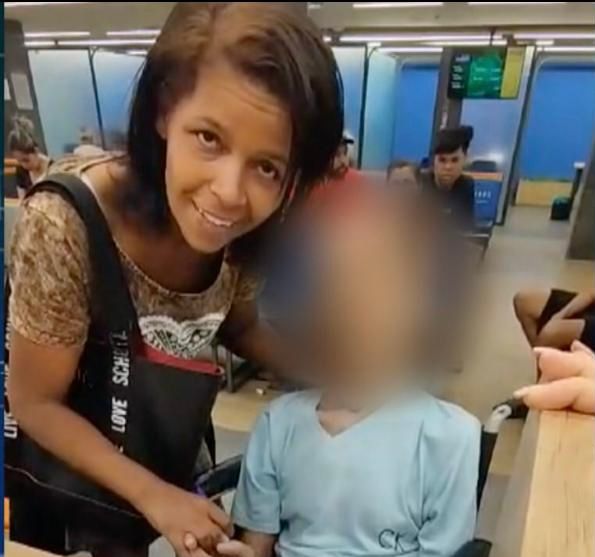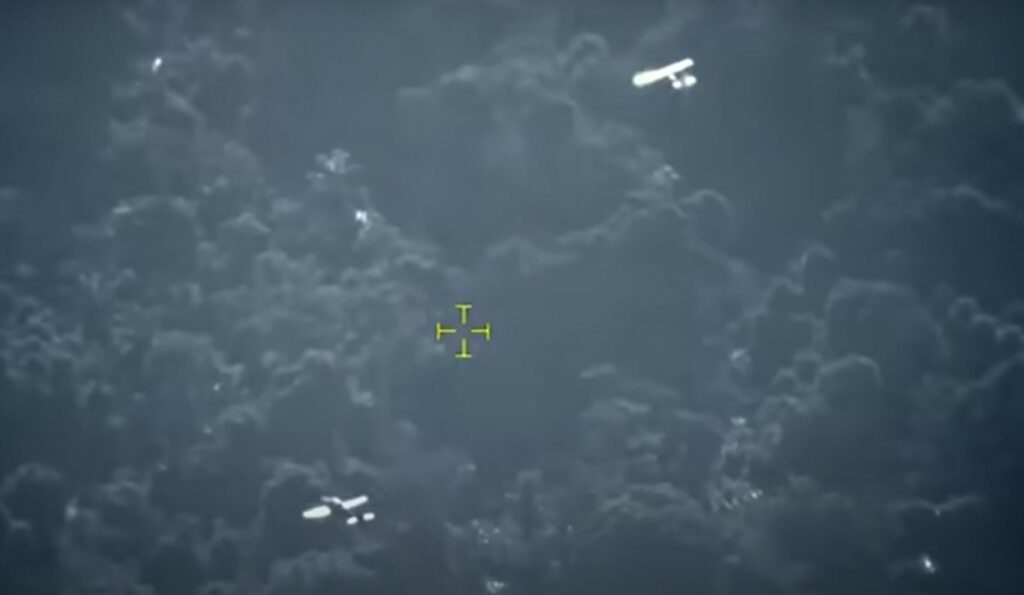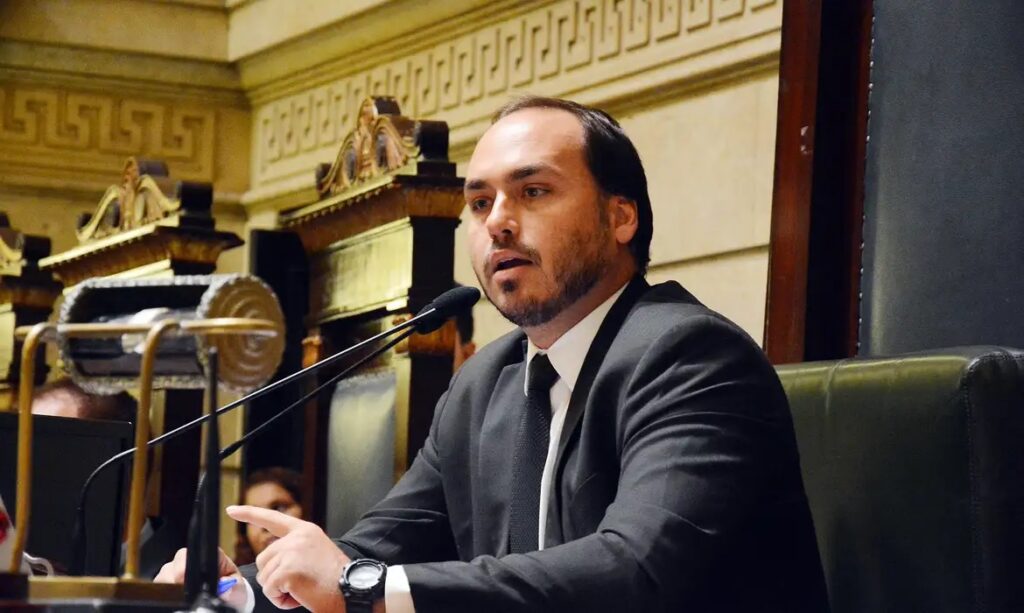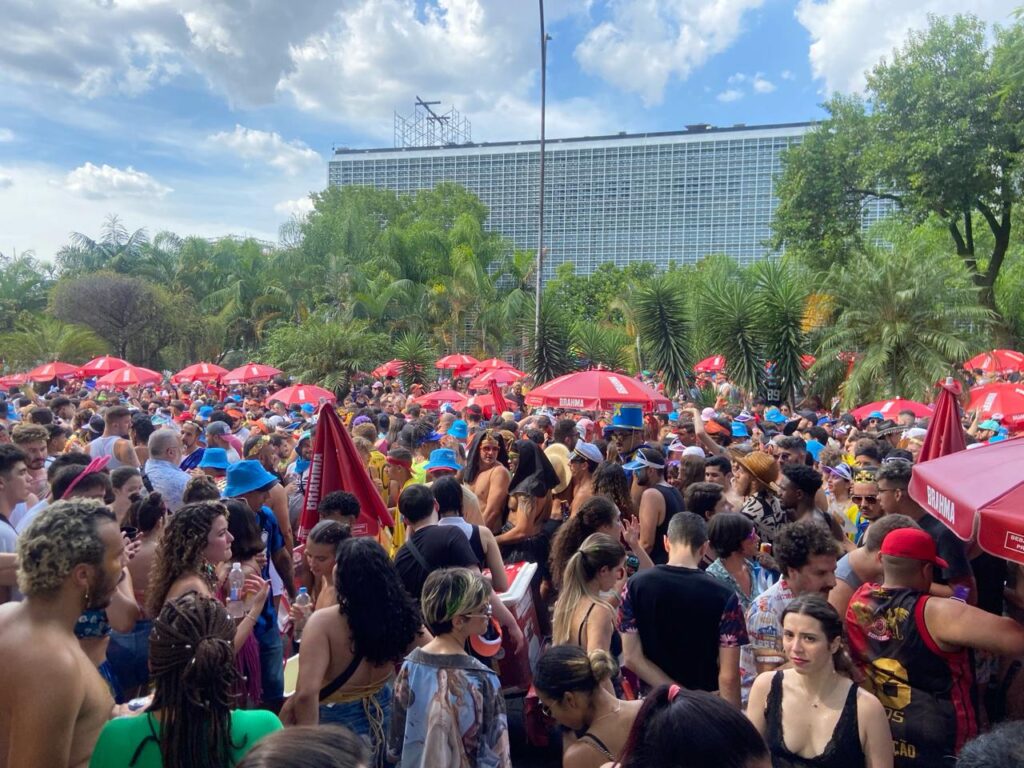São Paulo, Brazil – Brazil is carrying out an operation to remove land grabbers and illegal miners from the Apyterewa and Trincheira Bacajá Indigenous lands in the country’s Amazon region.
Members of Brazil’s security forces as well as from the Ministries of Environment and Indigenous Peoples have been working in the region at least since November 11, when the government announced the operation.
The two Indigenous territories are located in the northern state of Pará, which borders Suriname and Guyana and is home to approximately 2,500 Indigenous people from the Parakanã, Mebengôkre Kayapó, and Xikrim tribes. Both territories are recognized by the government (Trincheira Bacajá was demarcated in 1996 and Apyterewa in 2007).
The operation followed a Supreme Court ruling in October which rejected a request by nearby municipality São Félix do Xingu to allow some of the land grabbers who remained in the area to stay and inhabit the territory. The municipality claimed that families were living and working in the area, but their argument was shot down by the court.
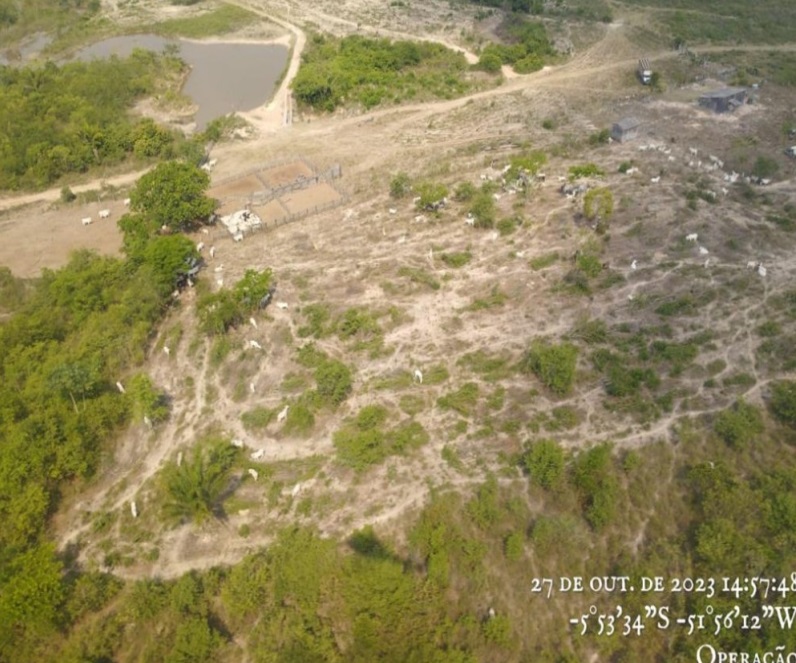
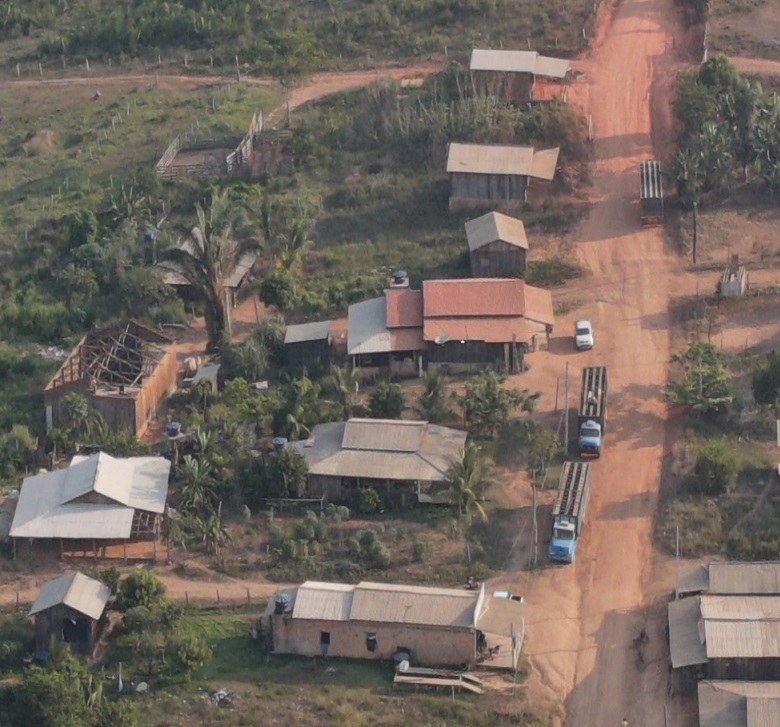
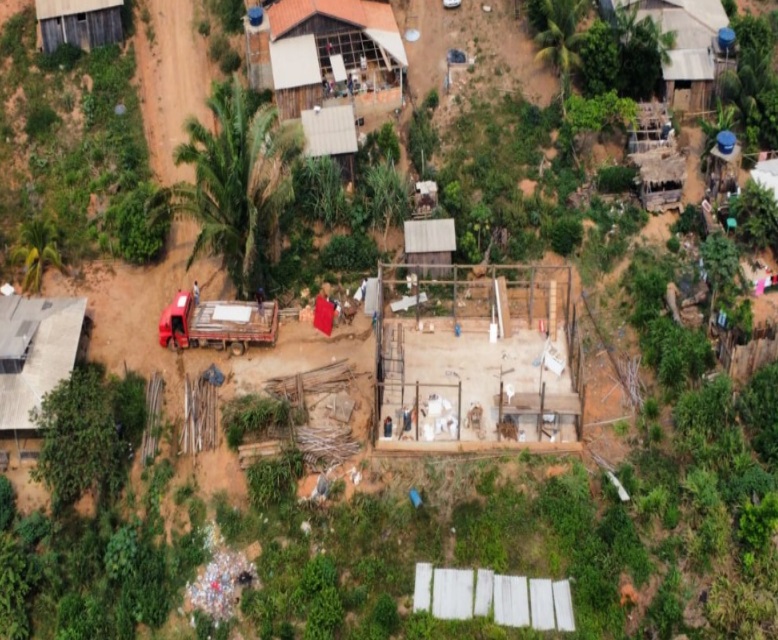
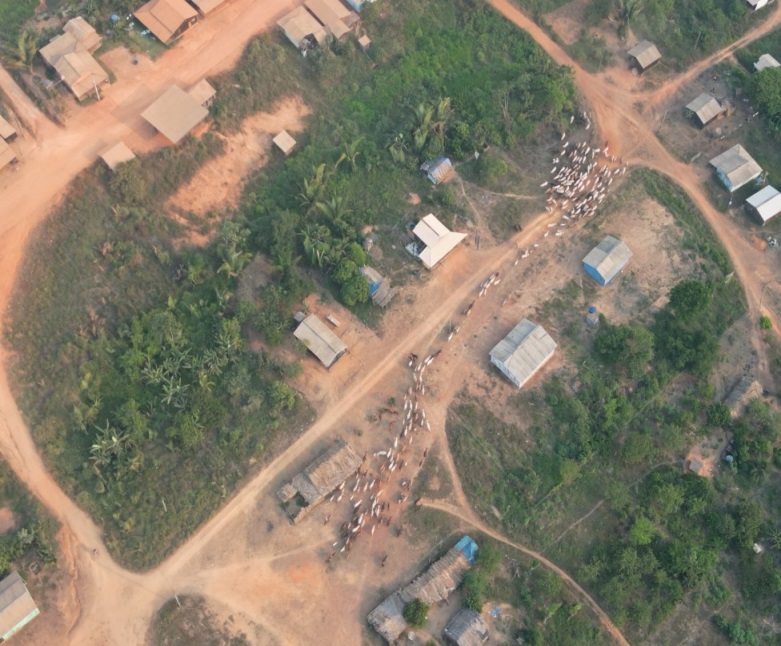
Authorities estimate that there are at least 1,600 land grabbers in the territories who’ve set up farming and illegal mining operations which negatively impact the forest and Indigenous communities.
On November 3, the government released the results of the first stage of the operation.
According to authorities, they’ve confiscated 230 liters of agrotoxic products, 14 firearms, 278 rounds of ammunition, and reported five cases of slave-like working conditions.
Security forces also arrested the president of a local association in São Félix do Xingu. They say he was involved in coordinating the exploitation of the Trincheira Bacajá Indigenous land by providing land grabbers with false documents for land claims as well as inciting land grabbers to resist Brazil’s security forces during the removal process.
Operations in Indigenous communities throughout Brazil
Since President Luiz Inácio Lula da Silva took office in January, Brazil’s government has initiated security operations in Indigenous territories across the country in an effort to expel land grabbers who had moved into the lands during the administration of former President Jair Bolsonaro. The previous president actively supported land grabbing and illegal mining in Indigenous territories and systematically weakened government agencies meant to protect Indigenous rights and the environment.
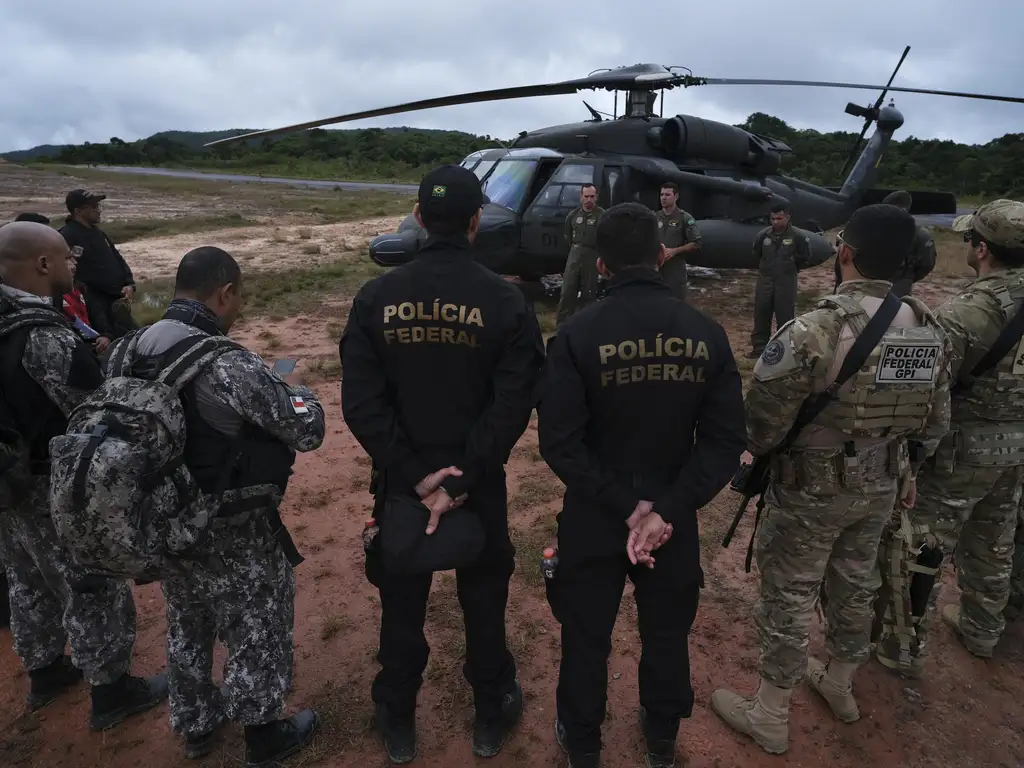
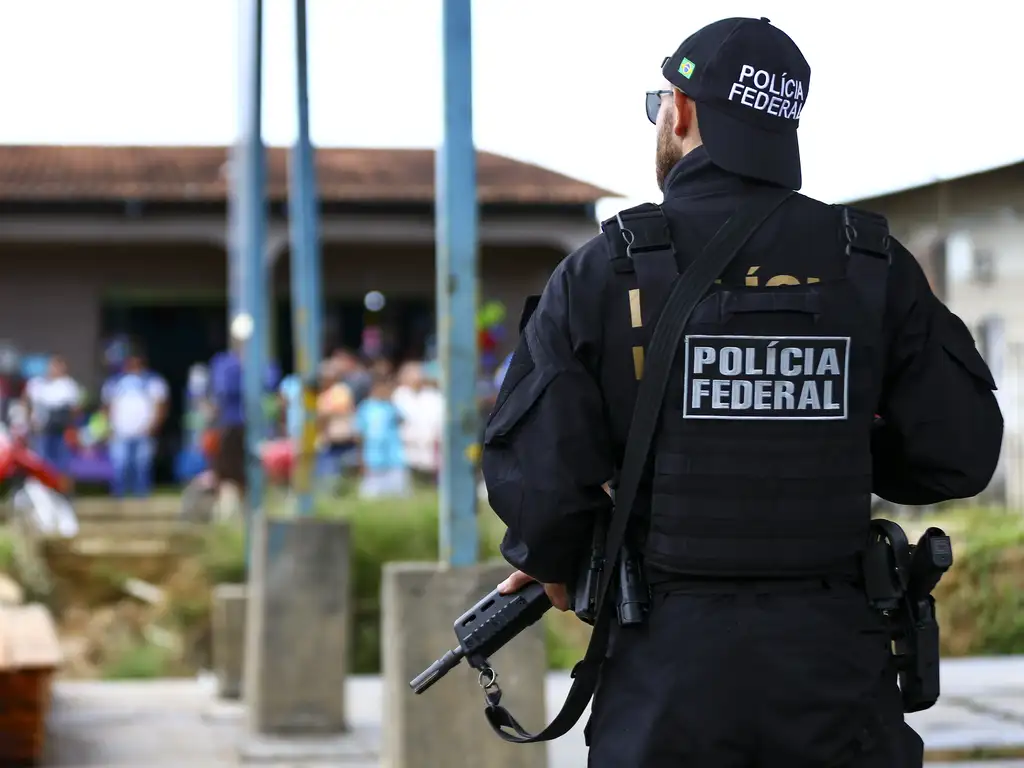
At the beginning of the year, the Brazilian government said it planned to carry out at least six operations on indigenous lands by 2023, in addition to the ongoing actions in the Yanomami and Vale do Javari territories.
One of the most recent announcements was that of a renewed operation in the Javari Valley, which had been ravaged by malnutrition and disease during the Bolsonaro administration.
Read more: Anti-crime operation in Brazil’s Javari Valley off to slow start
According to the government, the operation began on November 5, and thus far, agents have destroyed 26 dredges used to search the riverbed for gold, eight boats, four tugboats, and 42,500 liters of diesel fuel. Nine Starlink antennas for connecting to the internet and 3.2 kilograms of toxic mercury were also seized.
Despite the results achieved so far by the operation, indigenous leader Eliesio Marubo, legal attorney for the Union of Indigenous Peoples of the Javari Valley (Univaja), told Brazil Reports that the people of the region need permanent protection and not one-off operations.
“One-off operations are exactly what we never asked for,” he said. “One-off actions serve to calm things down for a certain period of time.”
Marubo said that lasting state presence is what tribes have been asking for since the onset, however, “unfortunately the state bureaucracy and the omission by the authorities has meant that the state has remained silent in that area,” said Marubo.


